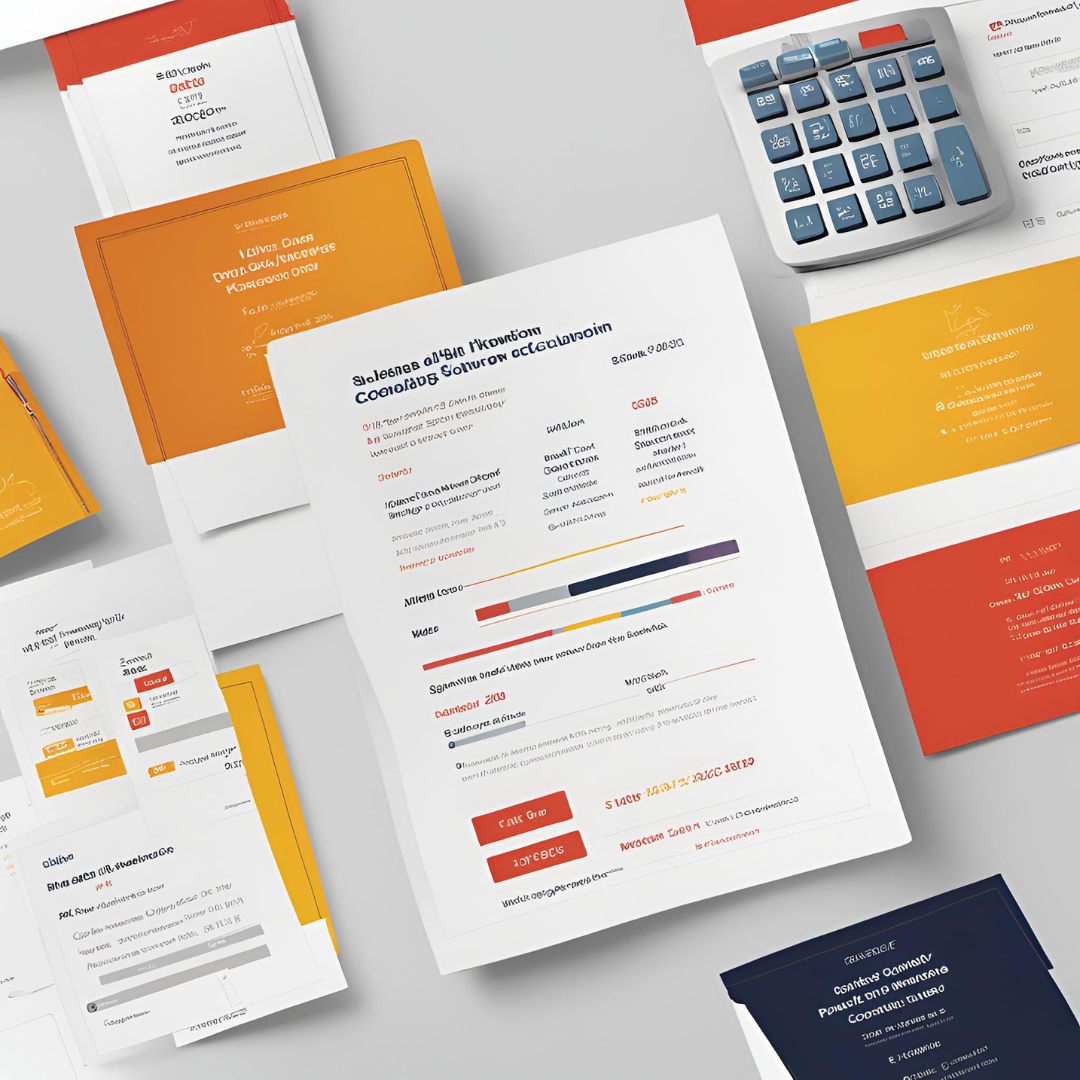- Home
- Who We Help
Clients We Serve
Expert online accountancy services available to small to medium sized businesses across the UK.
Have Questions?
Get in touch!
Who we help
As a UK accountancy service, we assist businesses and individuals in the United Kingdom with all of their accounting requirements. Company accounts, tax returns, VAT preparation and filing, bookkeeping services, payroll services and self-assessments with a fresh approach, focusing on service levels and proactive advice.
Running a business can be difficult, so why not entrust your tax, accounting, bookkeeping, and payroll needs to BTS Outsourcings? If your accountant isn’t providing you with the level of care you deserve, it might be time to make the move.
Limited Liability Partnerships
Other Accounting Online Services
Our signature inclusive accountancy all package
BTS Outsourcing specialises in an accounting package that aims to boost your company’s profitability while lowering your tax bill.
This package includes all of your accounting needs and more. Bookkeeping on a monthly or quarterly basis, company accounts, VAT returns (if applicable), management reports, regular tax reviews and advice, and self-assessments. All completed using Xero accountancy software.

Here’s some of the industries our clients work in question
Entertainment
Architecture
Care
IT Services
Pharmaceuticals
Engineering
Health & Safety
Oil & Gas
Event Management
Financial Services
Legal
Sports Media
Public Relations
Media
Human Resources
Who Do We Serve?
Freelancers
Consultants
Sole traders
Start-ups, SMEs
Medium/Large Corporate

Growth and Performance
Our team prides itself on going above and beyond traditional accounting practices. Using their experience, expertise and all the resources at their disposal, your dedicated accountant will guide you through the different types of funding available and help you put together all the information you need for potential investors.
We can help your business grow and perform at its best. We’re passionate about helping start-ups, small businesses and SMEs succeed and we know the path your business needs to take to enjoy that success.
Tax, Payroll and Compliance
TAX
PAYROLL
COMPLIANCE
Personal Accounting
Because we establish a one-to-one relationship with each client we are able to offer timely, individual advice on how to improve your business or personal finances. As leading edge accountants we have developed innovative client-focused services that provide not only all the reliable background support you would expect from a professional firm but also forward-thinking advice on how to improve your situation.
Estate Planning
Few of us like to think about dying, but equally few of us could live with the thought that we have not made adequate provision for family and friends who survive us.
Personal Tax Planning
We are the tax specialists. We can provide you with year round tax advice.
Residency and Domicile
Liability to UK taxation depends on an individual’s residence, ordinary residence and domicile.
Retirement Strategies
Everyone hopes to maintain the same standard of living in retirement as they presently enjoy while working, but to achieve this requires considerable forward planning.
Self Assessment
Self assessment can be a time consuming and often confusing business for busy individuals.
Trusts and Executorships
Trusts are extremely useful instruments for tax planning purposes.
Will Writing
Making a Will is one of the most fundamental aspects of estate planning, yet many people do not appreciate its importance.
Inheritance Tax Planning
We specialise in inheritance tax planning using various legal & ethical tax planning techniques. We also specialise in use of trusts for estate planning & tax planning purposes
They’ve significantly simplified our company’s accounting. Their thorough service, covering payroll, VAT, and corporation tax, has freed up our time. Their team is proactive, keeping us informed and handling everything efficiently. We value their professionalism and dedication to our business’s financial well-being
David
I’ve been consistently impressed with their professional and approachable team. They explain accounting clearly and provide reliable, expert support. I highly recommend their services to anyone in the UK seeking trustworthy accounting assistance.
Emma
Their in-person support and clear explanations have been invaluable for my small business accounting. They take the time to understand my specific needs and provide practical advice, especially with self-assessment. I feel confident knowing my accounts are handled professionally, letting me focus on my work.
Sofie Williams
Ready to get our all-inclusive professional accountancy service?
Join thousands of business owners receiving our 5 star rated service.
Frequently Asked Questions
There’s a lot of enthusiasm and a lot of hurdles when you’re starting a new business. There will be a slew of concerns and issues to address, one of which will most likely be what are the many sorts of business structures?
The structure you choose will have a big impact on how much tax you pay, how much personal liability you have (if the firm fails), how much administrative work you have to do, and even how much money you can raise.
Starting with the wrong setup can lead to a slew of issues later on, necessitating extensive counsel to resolve. Should you need to switch to a different structure, this will come at a hefty cost.
What are the various forms of business structures in the United Kingdom?
In the United Kingdom, there are four basic types of business structures, each with its own set of tax and responsibility implications for owners and shareholders:
1. Sole trader
2. Partnership
3. Limited liability partnership
4. Limited company
Sole Trader
This is the simplest and most straightforward way to start a business. If you start working for yourself, you are a self-employed single trader, and you must register your firm with HMRC. As a Sole Trader, you are in charge of your own firm.
As a result, you have the right to keep all of the gains as income, but you must pay tax and national insurance by completing a Self Assessment Tax Return. There is no limit to how much money you can make, but higher tax bands make it less tax efficient.
All liabilities, including personal assets and those jointly owned with another individual, will be your responsibility.
Partnership
A partnership is formed when two or more people agree to share in the business’s revenues and losses. They share the risks, expenses, benefits, and obligations that come with owning a business. Because the partners are self-employed, partnerships are referred to as unincorporated entities. They are individually liable for any losses or obligations incurred by the company.
Each partner is also responsible or liable for the actions or inactions of the other. A partnership’s revenues and losses will be split among the partners. This will be in accordance with the profit-sharing ratio agreed upon, and each partner will be taxed on their portion of the profits
Limited Liability Partnership (LLP)
An LLP is similar to a partnership, but the responsibility of the partners is limited to the amount of money they put in the company. The limited liability partnership (LLP) must be registered with Companies House and HMRC. Annual financial statements must also be created and filed.
An LLP can have two or more members, and each member can be an individual or a business. An LLP agreement spells out each member’s responsibilities and profit share, and all members must file a personal Self Assessment Tax Return each year, pay income tax on their portion of the partnership’s profits, and pay National Insurance to HMRC.
Limited Liability Company
A limited company is a privately managed firm administered by its directors and owned by its shareholders. The corporation is a distinct legal entity with its own set of legal rights and responsibilities. This means that the company is in charge of all it does, and its finances are distinct from the owner’s personal problems (s).
After paying Corporation Tax, the corporation keeps whatever earnings it generates. The gains can only then be paid to shareholders as dividends. Limited businesses have yearly reporing and filing requirements with both Companies House and HMRC, and they can be limited by shares or by guarantee, as discussed below. They also have annual reporting and filing requirements with Companies House and HMRC.
The following are some of the advantages:
You have complete control over remuneration packages (if you are the controlling shareholder)
Profits can be kept by the company.
You can safeguard your brand.
You can get reimbursed for business expenses.
1. Shareholders’ limited liability
The majority of limited corporations are limited by shares, which implies that the shareholders’ liability for the company’s financial obligations is restricted to the sum paid for the shares.
2. Limited-by-guarantee private business
Members who act as guarantors, rather than share capital or shareholders, make up a business limited by guarantee.
Incorporation
You don’t need to go through any formal steps to start a firm as a sole trader or as a partnership. Both do not necessitate the foundation of a distinct legal organisation. You must, however, register with HMRC and follow the laws that come with it.
A Limited Liability Partnership and a Limited Company must form a distinct company, which is a more complicated process. You must first register the business with Companies House and create the Memorandum and Articles of Association.
Why should you hire an accountant to help you form a company?
While it is feasible to start a corporation without expert assistance for a little charge, someone without a thorough understanding of financial/business topics may have difficulty accurately filling out the forms and documentation.
Counsel before beginning a business can be quite helpful in determining which of the several business formats would best suit your goals and personal financial needs. If you include without using this expertise, you may run into a slew of problems down the road.
limited company accountants, sole trader accountants, partnership accountants, limited liability partnerships and contractor accountants.

